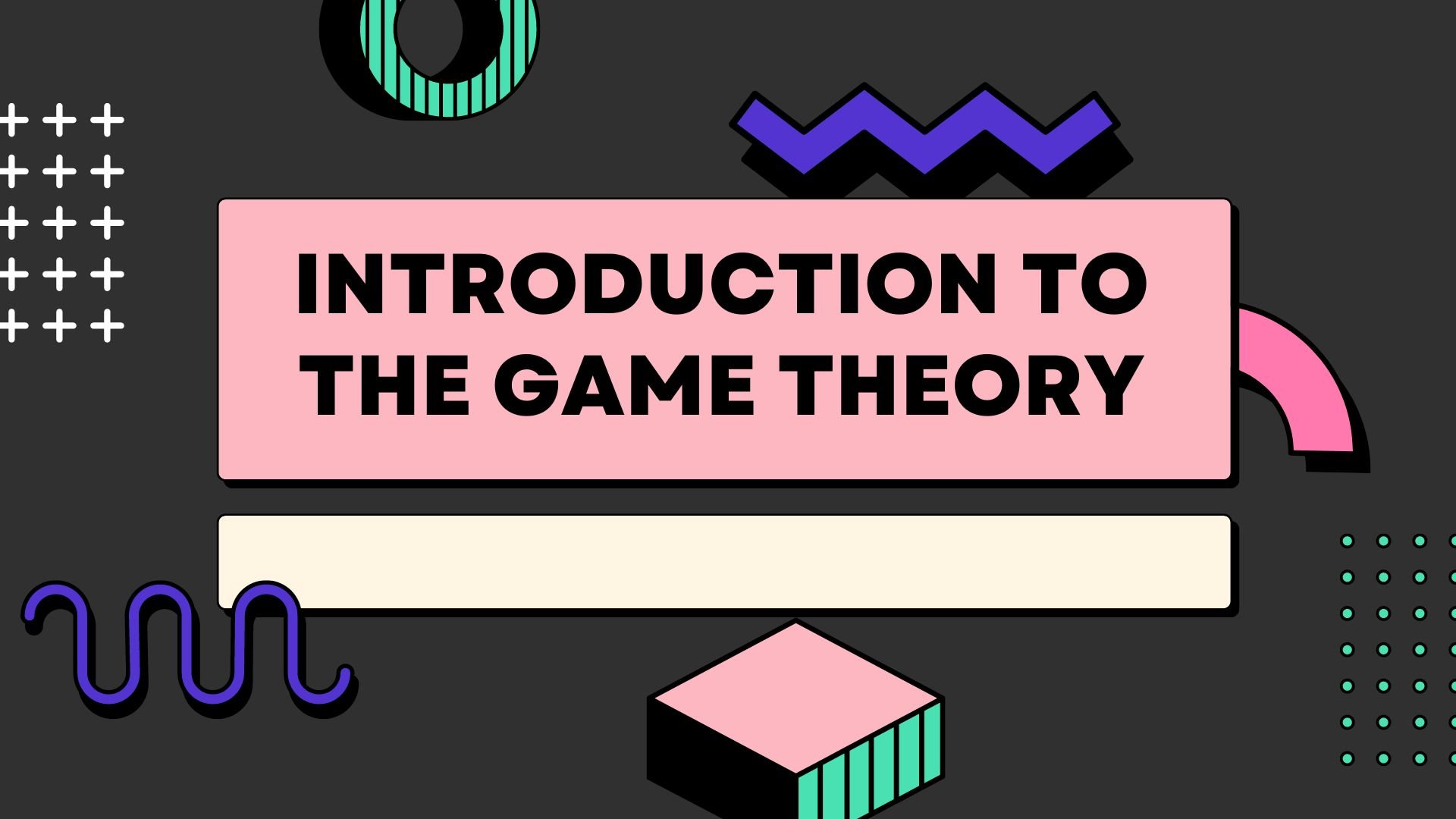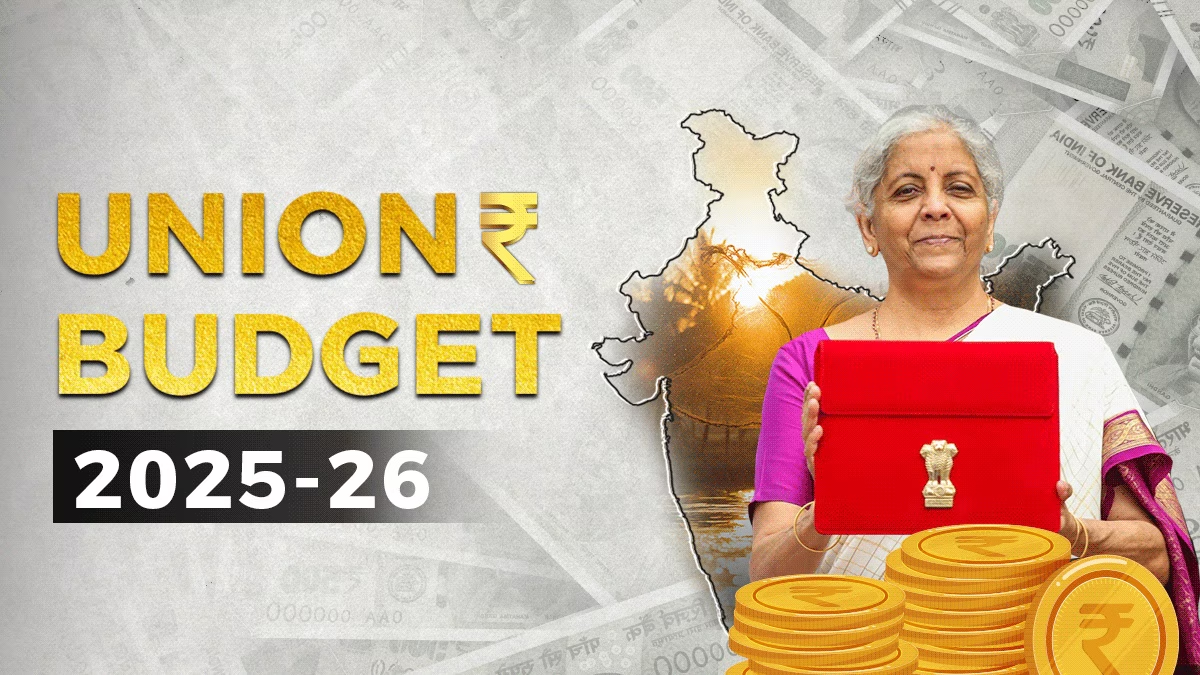Imagine you’re sitting at a table, staring at your cards during a game of poker. What’s your next move? Should you raise the stakes, call the bet, or fold? Your decision doesn’t just depend on the cards you hold but also on your understanding of what the other players might do. This scenario is a classic example of Game Theory in action.
Game Theory is a fascinating field of study that dives into strategic decision-making. It helps us understand how individuals or groups make decisions when their outcomes are influenced by the choices of others. Let’s break it down and see how Game Theory works, why it’s important, and how it shapes the world around us.
The Basics of Game Theory
At its core, Game Theory is about interactions. It’s a mathematical framework used to analyze situations where players—be they individuals, companies, or nations—make decisions that affect one another.
Each player aims to maximize their payoff (benefit), but the catch is that their success often depends on the choices of others. These scenarios are modeled as “games,” even though they extend far beyond entertainment.
There are a few fundamental elements in Game Theory:
- Players: The decision-makers involved.
- Strategies: The options available to each player.
- Payoffs: The outcomes that result from the players’ combined strategies.
- Rules: The constraints or conditions under which the game is played.
Key Concepts in Game Theory
To better understand Game Theory, let’s explore some of its key concepts:
1. Nash Equilibrium
The Nash Equilibrium, named after mathematician John Nash, occurs when players choose strategies where no one can improve their payoff by changing their choice alone. In simple terms, it’s a point of balance—a situation where everyone sticks to their plan because any deviation would leave them worse off.
Example: Imagine two businesses competing in the same market. If both set prices that neither can profitably undercut, they’re at a Nash Equilibrium.
2. Zero-Sum and Non-Zero-Sum Games
- Zero-Sum Games: One player’s gain is another’s loss. Poker is a classic example.
- Non-Zero-Sum Games: Cooperation or mutual benefit is possible, as in trade negotiations or environmental agreements.
3. Prisoner’s Dilemma
The Prisoner’s Dilemma is a famous thought experiment that illustrates why two rational individuals might not cooperate, even if it’s in their best interest. It shows how trust and communication can dramatically alter outcomes.
Why Game Theory Matters
Game Theory isn’t just academic theory; it’s a powerful tool for real-world problem-solving. Here are some areas where it plays a crucial role:
- Economics: Companies use Game Theory to predict competitor behavior, set prices, and optimize strategies in competitive markets.
- Politics: Nations apply it to negotiate treaties, resolve conflicts, and strategize during elections.
- Biology: Game Theory explains evolutionary strategies, like why animals cooperate or compete for resources.
- Technology: Algorithms in artificial intelligence and machine learning often incorporate game-theoretic principles.
- Everyday Life: From choosing a parking spot to deciding when to leave during rush hour, Game Theory influences countless daily decisions.
Real-Life Example: The Cold War
During the Cold War, Game Theory shaped strategies between the U.S. and the Soviet Union. The concept of Mutually Assured Destruction (MAD), where both sides knew a nuclear strike would guarantee mutual annihilation, is a grim but compelling example of strategic decision-making.
How to Use Game Theory in Your Life
Understanding Game Theory can help you make better decisions. Here are some tips to apply it:
- Think strategically: Consider how your choices impact others and anticipate their reactions.
- Find win-win scenarios: Look for cooperative strategies that benefit everyone involved.
- Communicate effectively: Transparency and trust can lead to better outcomes in collaborative situations.
Final Thoughts
Game Theory reveals the hidden dynamics behind choices and interactions. Whether you’re an economist, a politician, or someone navigating everyday challenges, its principles can guide you to smarter decisions.
So, the next time you’re faced with a tough choice, think of it as a game. Analyze the players, weigh the strategies, and aim for the best outcome. You might just find yourself mastering the art of decision-making—Game Theory style.



